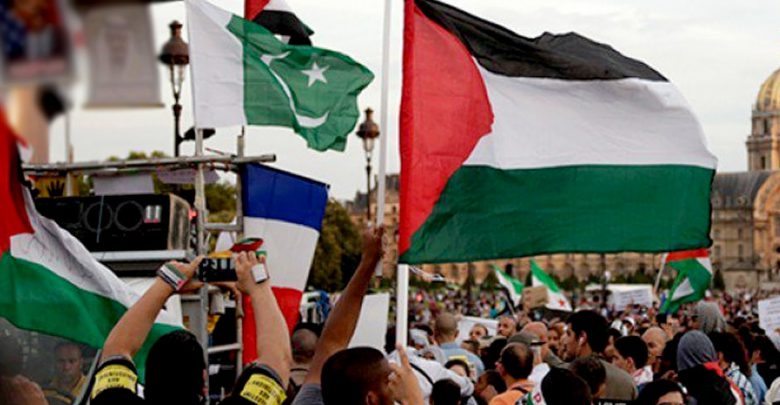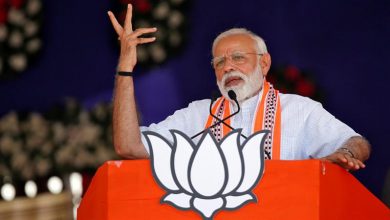Africa and Middle EastAllAllAsia and OceaniaOngoingOngoing
The Pakistani-Palestinian Struggle

Pakistan-Palestine relations refers to the relationship between the Islamic Republic of Pakistan and the Palestinian Authority. For a long time, Pakistan and Palestine have had a close political relationship. Starting with the War of Israeli Independence in 1948, Israel discovered that Pakistan wanted to provide military help to Arabs, and there were rumors that Pakistan was planning on sending a battalion to fight with Palestine.
In later battles and wars, Pakistan did end up sending troops to help Palestine, solidifying the close tie between the two. Palestine declared independence in 1988, and Pakistan recognized the Palestinian Authority a day later. By the end of 1989, Pakistan had established full diplomatic relations with the Palestine Authority. On January 31, 2017, Palestine established an embassy in Islamabad, Pakistan.
When Palestinian President Mahmoud Abbas was touring Asia in 2005, he visited Pakistan and met the president, prime minister, and senate chairman. The men discussed the situation in the Middle East. They also talked about Palestinian and Israeli peace, and the help Pakistan was providing Palestine. This visit helped relations between the two nations. A similar meeting occurred a year later.
In the 2008 and 2009 Israel-Gaza Conflict, Pakistan condemned the actions of Israel. Pakistan said that Israel was breaking international law. As Israel’s attacks continued through 2012, Pakistan began to say the attacks were genocide and pushed the rest of the world to help stop Israel. For support like this, Palestine was grateful.
In 2017, President Abbas visited Pakistan for the third time. The other two visits were in 2005 and 2013. President Abbas was welcomed to Pakistan by the prime minister and president. During a press conference, Pakistan’s prime minster concluded that peace would not be achieved until the Palestine-Israel conflicts were resolved. Pakistan continued to pledge support to Palestine during the press conference.
The visit focused a lot on the failures of the world to intervene. Both nations cited international law as a reason to stop Israel’s attacks and settlements on and within Palestinian territory. More recently, the United States withdrew from the United Nations Human Rights Council because the United States believe there is too much of a focus on Israel and its activities against Palestine.
Despite the support from Pakistan, Palestine and Pakistan do have differences. The first difference is language. In Pakistan, the primary language is Urdu. In Palestine, the primary language is Arabic; although, English is widely understood, and Hebrew is common because of Israeli settlers. The size of the nations is also quite different. Pakistan is large when compared to the scattered territories of Palestine. Of course, Palestine is only so scattered because of Israeli attacks and settlements.
Some people would condemn Palestine-Pakistan relations because of the vast differences in size, population, and language. The condemnation seems somewhat invalid though since Palestine is truly at a disadvantage from the near constant onslaught of Israel and lack of support from the rest of the world.
The development of the two nations is slightly different as well. Pakistan developed from the British Colony of India. When Pakistan became a state, most of the people in the land had always been in the land through their ancestry. Modern Israel formed from an invasion and expulsion of the native peoples, similar to how the United States was formed.
Despite differences in history, the nations of Pakistan and Palestine have formed a close political alliance, and both stand in opposition to Israel. The two nations are both supportive of peace and the rights of Palestine. An already complex situation, relations in the Middle East are made more complicated by the disputed history.



